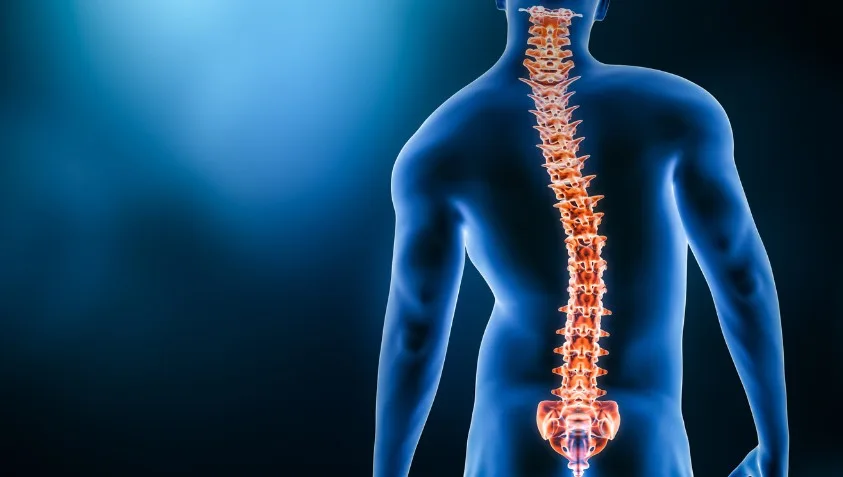In the intricate ballet of modern medicine, few performances are as complex and delicate as those conducted by the skilled hands of neurosurgeons. These medical maestros orchestrate procedures on the human nervous system, particularly focusing on the cranial and spinal regions, with precision and grace. Their work, often likened to a dance due to its precision, intricacy, and the high stakes involved, saves lives and restores functionality, offering hope where there was once despair.
Setting the Stage: The Critical Role of Neurosurgery
Neurosurgery encompasses a vast array of procedures aimed at addressing conditions that affect the brain, spinal cord, and surrounding structures. From removing tumors and clipping aneurysms to repairing herniated discs and spinal cord injuries, the scope of neurosurgery is broad, each procedure tailored to the unique challenges presented by the patient’s condition. The ultimate goal is to perform these interventions with minimal harm to the delicate neural tissues, preserving or enhancing the patient’s quality of life.
The Precision of Performance: Tools and Technologies
In Sydney, as in the rest of the world, neurosurgeons utilize an impressive array of tools and technologies to navigate the complexities of the human body. A Sydney neurosurgeon, for example, might employ advanced imaging techniques such as MRI and CT scans to visualize the surgical site in exquisite detail before making a single incision. During the procedure, state-of-the-art equipment like surgical microscopes and computer-assisted navigation systems guide the surgeon’s hand, allowing for precision that was unimaginable just a few decades ago.
Minimally Invasive Moves: A Shift in Strategy
One of the most significant advancements in neurosurgery has been the shift towards minimally invasive procedures. These techniques, which involve smaller incisions and less disruption of surrounding tissues, offer several benefits over traditional open surgery, including reduced pain, shorter hospital stays, and quicker recovery times. Whether accessing the brain through a small opening in the skull or correcting spinal issues with endoscopic techniques, minimally invasive neurosurgery represents a major leap forward in patient care.
Choreographing Recovery: Postoperative Care and Rehabilitation
The work of a neurosurgeon extends beyond the operating room. Postoperative care and rehabilitation are critical components of the recovery process, designed to help patients regain strength, functionality, and independence. This phase often involves a multidisciplinary team of specialists, including physical therapists, occupational therapists, and speech-language pathologists, who work together to tailor a rehabilitation plan to the patient’s specific needs.
The Role of Support Systems: Family and Community
Recovery from cranial and spinal procedures is not a solo performance. The support of family, friends, and community resources plays a vital role in the patient’s journey back to health. Emotional support, assistance with daily activities, and encouragement to participate in rehabilitation exercises are just a few ways that loved ones can contribute to a successful recovery.
While the goal of any neurosurgical procedure is to address the issue at hand effectively, complications can arise that necessitate further intervention. Whether due to the complexity of the condition, the patient’s response to surgery, or unforeseen challenges during the initial procedure, additional surgeries may be required. In these cases, the neurosurgeon must carefully weigh the risks and benefits of an encore performance, always with the patient’s well-being as the paramount concern.
The Future of Neurosurgical Performance: Innovations on the Horizon
The field of neurosurgery is constantly evolving, with researchers and clinicians working tirelessly to develop new techniques, tools, and treatments. From the exploration of cutting-edge materials for spinal implants to the development of gene therapies for neurological conditions, the future of neurosurgery is bright with potential.
Embracing Artificial Intelligence: A New Partner in the Dance
One of the most exciting developments in neurosurgery is the integration of artificial intelligence (AI) and machine learning into clinical practice. These technologies have the potential to revolutionize the way neurosurgeons plan and perform procedures, offering enhanced precision, improved outcomes, and personalized treatment plans based on vast datasets of patient information.
The Quest for Regeneration: Beyond Repair
Perhaps the most ambitious frontier in neurosurgery is the pursuit of regenerative therapies that can not only repair but also regenerate damaged neural tissues. Stem cell research, neurotrophic factors, and bioengineering strategies are all areas of intense study, holding the promise of one day restoring lost neurological function in a way that is currently beyond our reach.
The delicate dance of cranial and spinal procedures is a testament to the skill, dedication, and innovation of neurosurgeons and the broader medical community. As they navigate the complexities of the human nervous system, their work continues to push the boundaries of what is possible, offering hope and healing to those facing neurological challenges. With each advance in technology and technique, they move us closer to a future where the mysteries of the brain and spinal cord are fully understood, and the ravages of injury and disease can be fully repaired or even reversed. In this ongoing performance, the potential for transformation and recovery knows no bounds.





